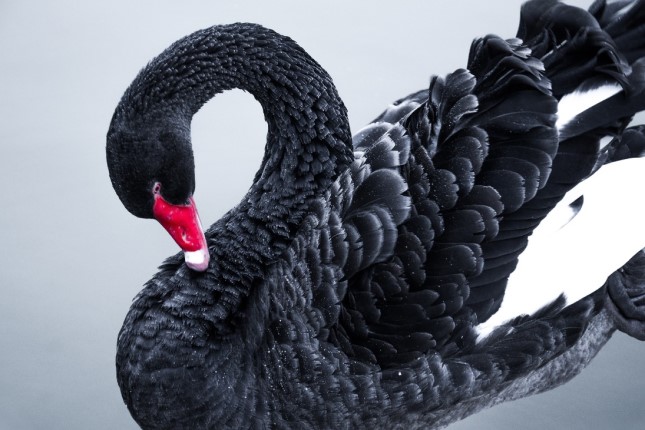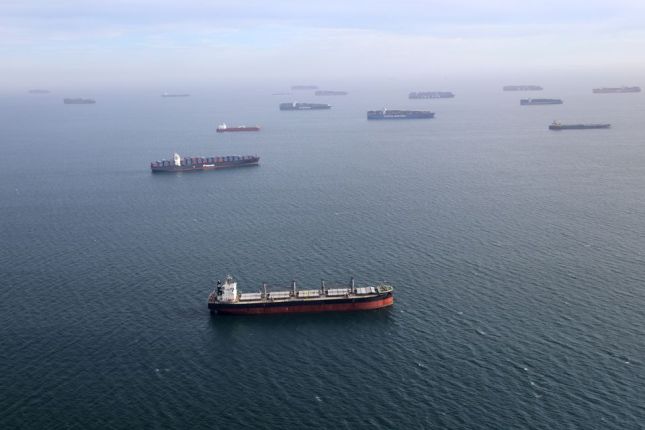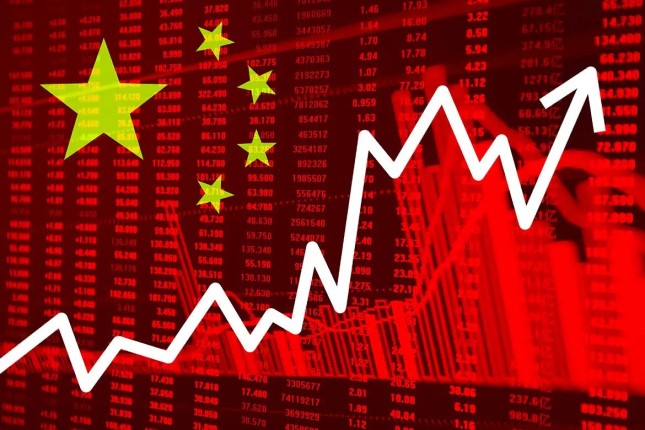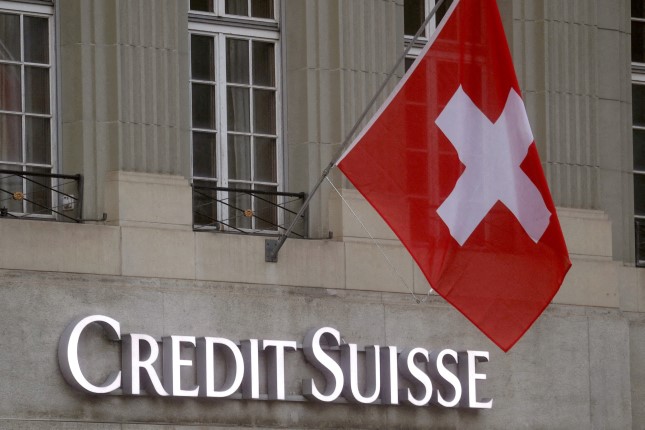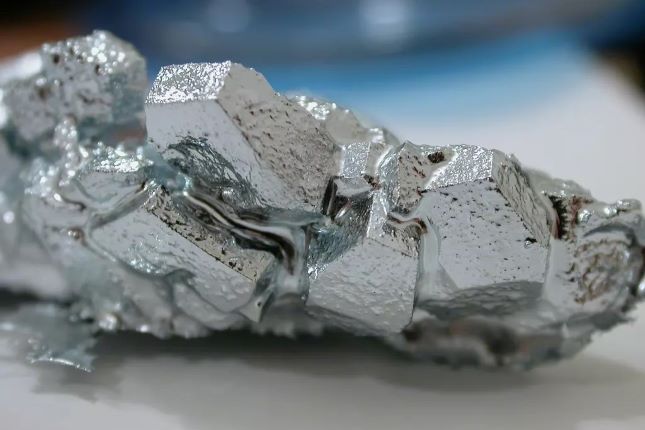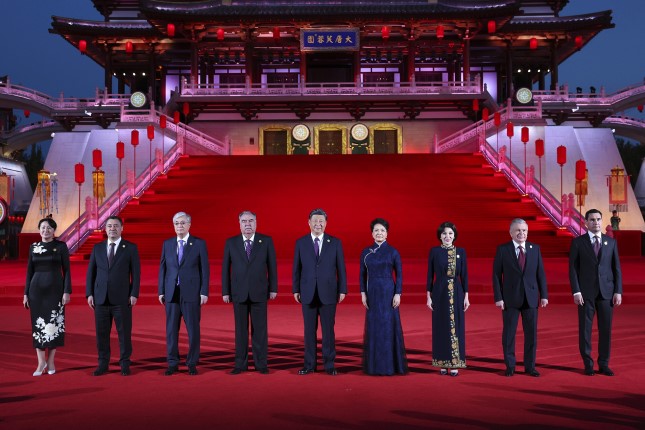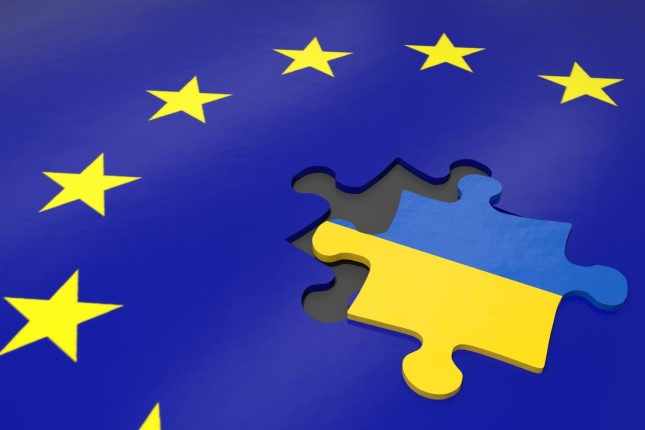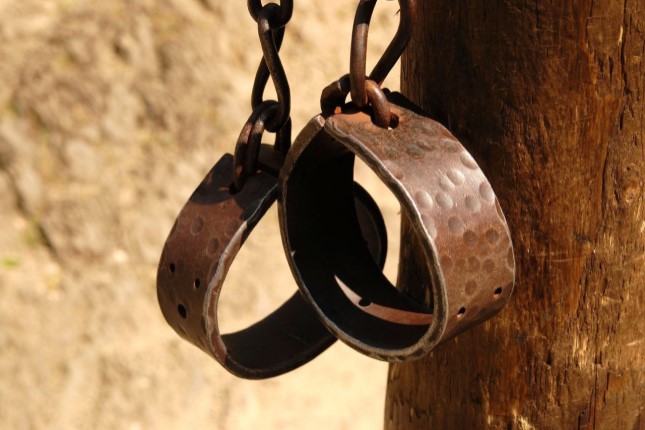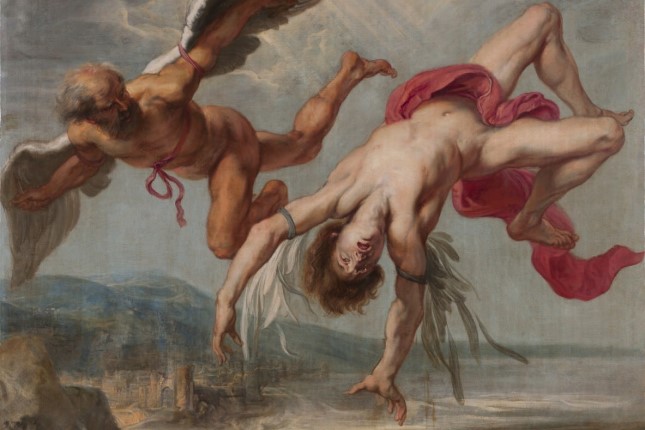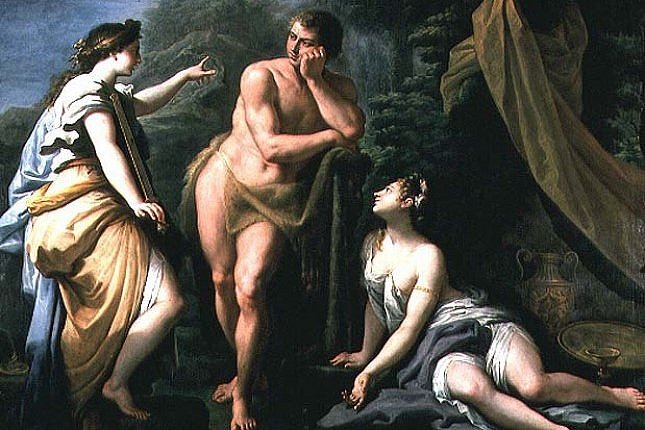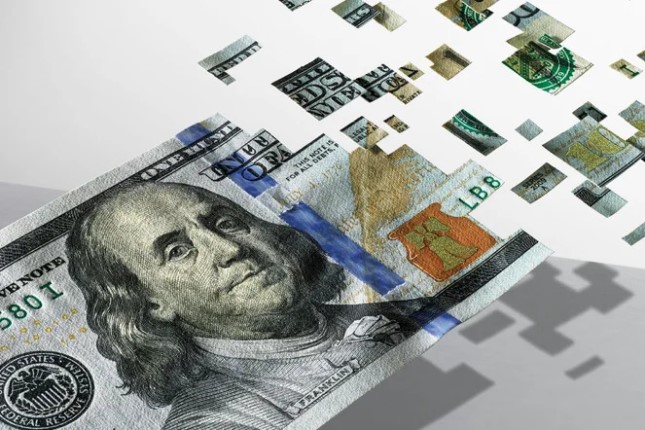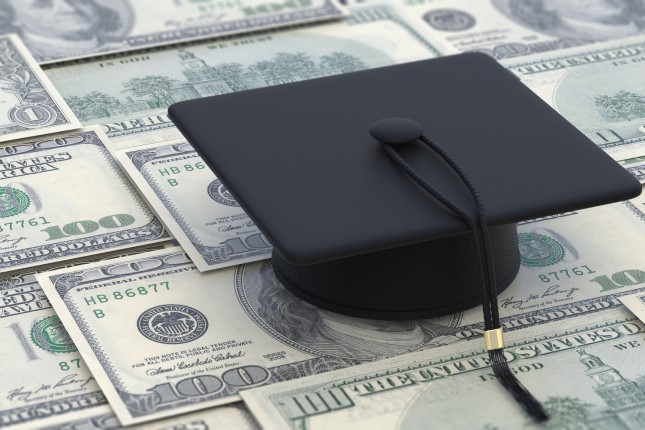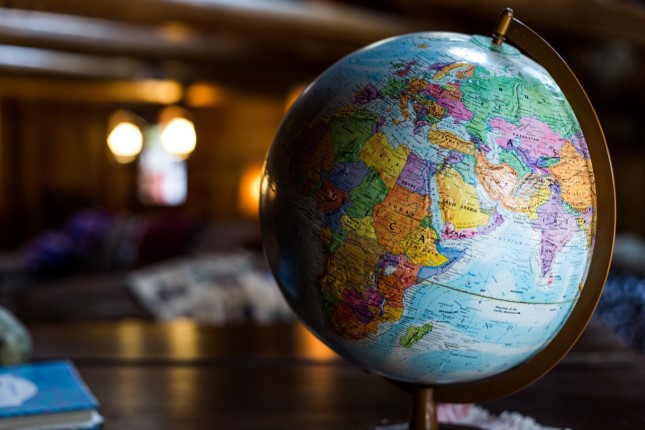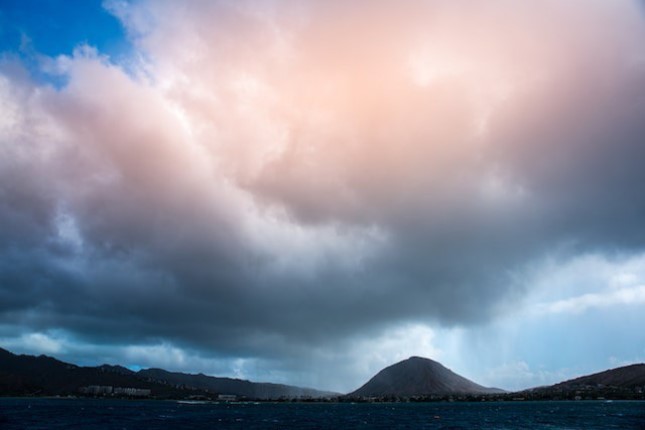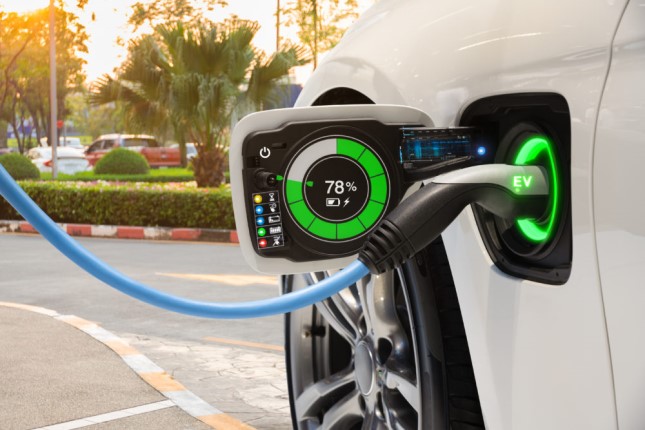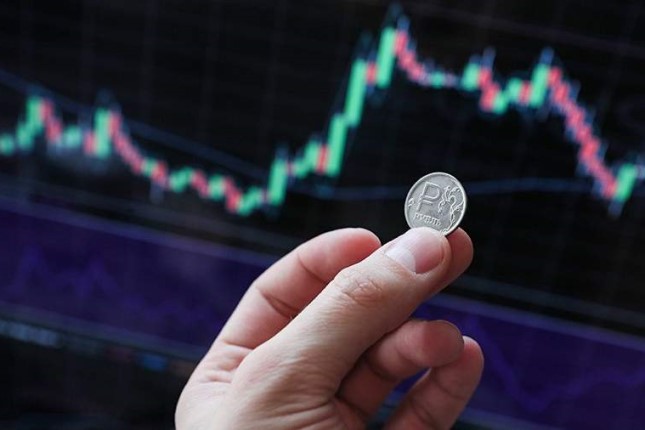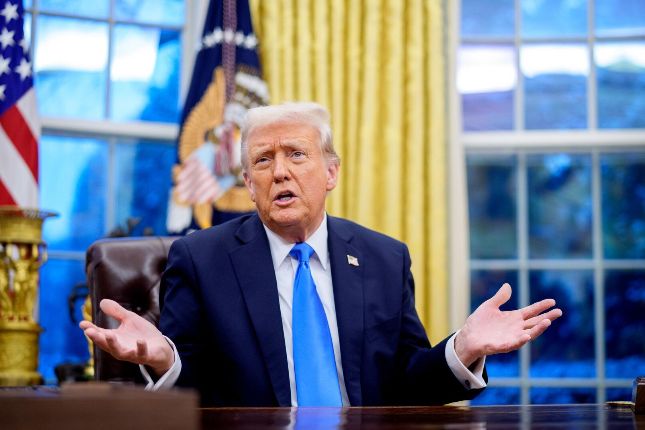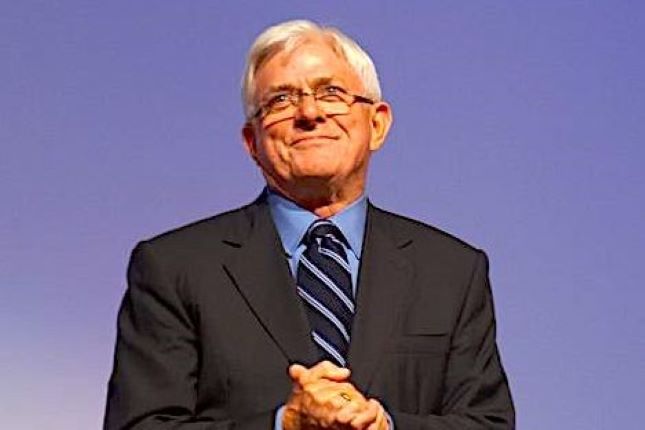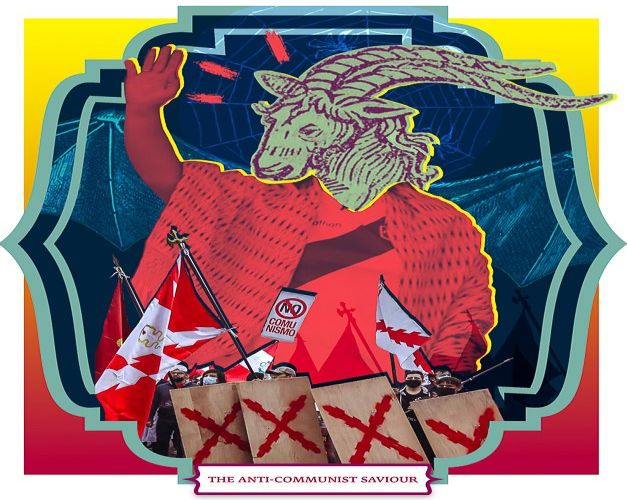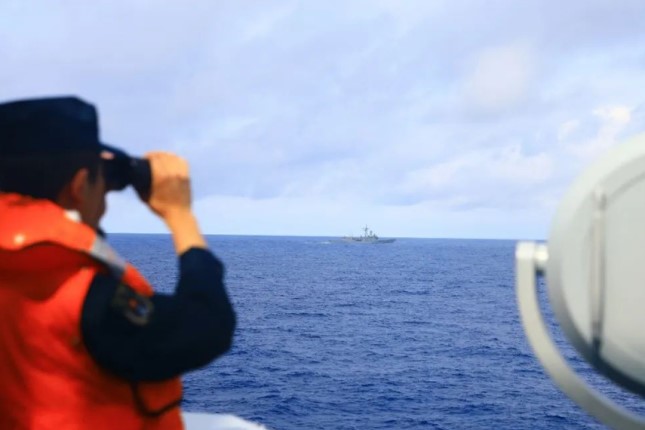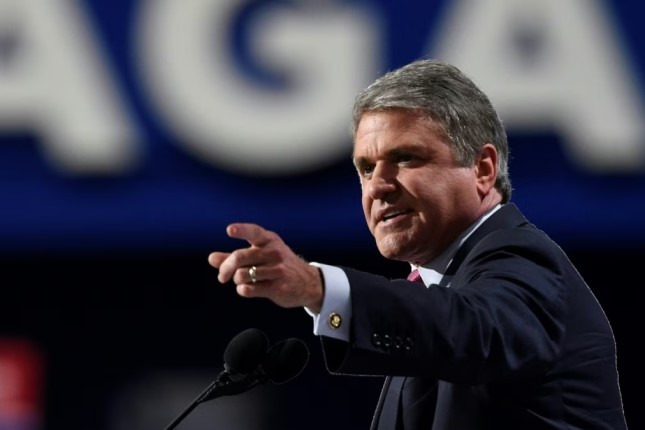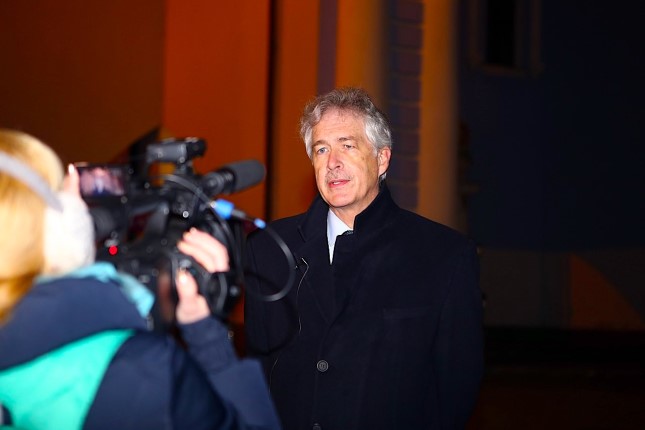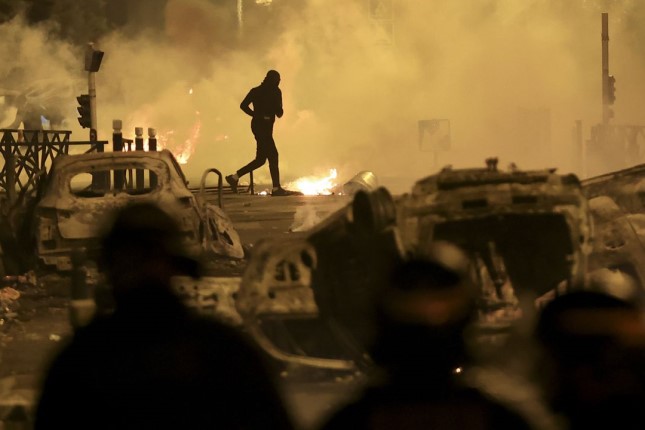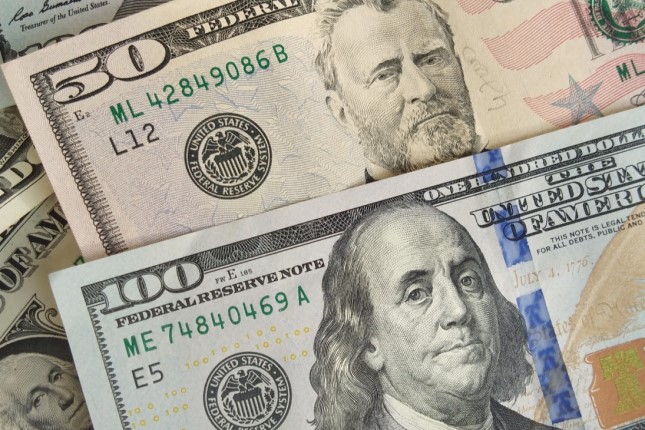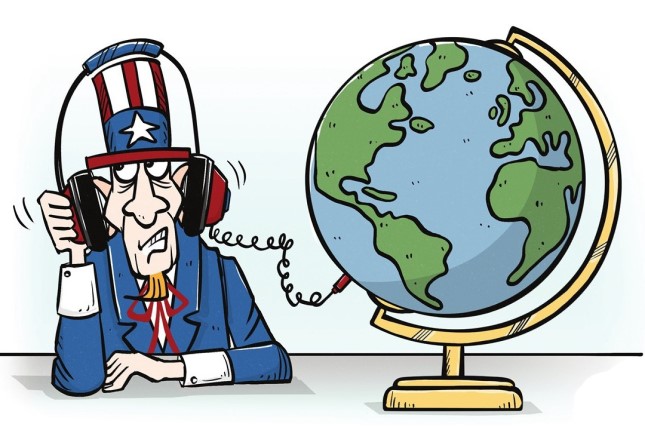Malaysia's Prime Minister Anwar Ibrahim has announced that the government will return to plans to create the gold dinar as the reserve currency of the Muslim world. Malaysia has periodically raised the issue at least since the late 1990s. However, the chances of finally implementing the idea are now greater than ever.
The issue is not just that the global monetary system is experiencing a shock due to the increasing distrust of the US dollar (due to the galloping growth of US national debt and its unabashed use of the currency for political pressure on those who disagree with US political hegemony), but now there is also the issue of the sharply escalated Palestinian-Israeli conflict.
It is precisely the escalating large-scale war in the Middle East that may prove to be the missing element that convinces skeptics among Muslim countries to join the gold dinar project. And here's why.
The previous attempt to launch its own dollar-backed reserve currency on behalf of the Islamic world was made in 2019. At that time, four countries (Malaysia, Turkey, Qatar, and Iran) announced at the Kuala Lumpur summit that they were considering creating a gold-based mechanism for transactions as insurance against any future economic sanctions. The frontman for this project was the legendary former Prime Minister of Malaysia, Mahathir Mohamad, who led the country through the Asian financial crisis of 1997 with minimal losses thanks to temporary capital control measures.
The 2019 plan was ultimately not implemented, which Malaysia regrets to this day. Speaking on the topic of the gold dinar, Prime Minister Anwar Ibrahim stated: "If we could get between 5 and 6% of Islamic countries to use the gold dinar, it would be a positive start, as it would provide strength and reduce dependence on the US dollar.”
The previous project stalled because it did not find support from the wealthiest and most influential Arab countries, Saudi Arabia and the UAE. At that time, Qatar was in diplomatic isolation from the rest of the oil monarchies and several other Arab countries due to accusations of supporting terrorism. But more importantly, the oil monarchies of the Persian Gulf, up to the very last moment, were betting on changing the existing global political-economic system from within and increasing their status, rather than preparing for its future fragmentation.
Thus, already in 2020, the so-called Abraham Accords were signed, normalizing relations between Israel and the UAE. They were then joined by Bahrain, Morocco, and Sudan. The establishment of diplomatic relations between Israel and Saudi Arabia was already looming on the horizon. A new reality was coming for the Greater Middle East region, which was also to include India.
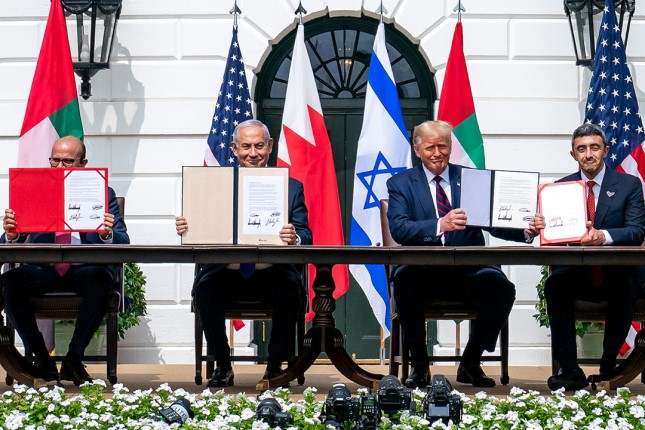
But then a "black swan" arrived in the form of Hamas’ sudden mass attack on Israel on the occasion of the 50th anniversary of the start of the Yom Kippur War.
And for the Arab world, especially Saudi Arabia, one question has gained new urgency: Is their newfound confidence in relations with the West (which they demonstrated by resisting Washington's pressure on oil quotas on the eve of the US elections and by signing a normalization agreement with Iran) a means of more advantageously integrating into the new future of the West, or is it time to consider an alternative future, for example, in the form a new independent reserve currency?
All the difficulties of creating such a multinational financial instrument based on gold are understandable in principle. But it is also clear that gold itself is the asset that allows players with obviously fewer economic capabilities to compete in a heavier weight class.
Switzerland can be a telling example here. In 2000, the country decided in a referendum to abandon the partial gold backing of the franc. Prior to that, the Swiss National Bank had to have at least 40% gold backing for all issued francs. It seemed like the right decision at the time, but it ended up being one of the reasons Switzerland lost its status as a neutral state.
Participation in the global financial game leaves little room for real independence.
That is why Malaysia's persistence in raising the issue of the gold dinar over and over again over the past quarter century is so intriguing. Today, Malaysia is the third-largest market in the world for "Islamic banking" (financial services in accordance with Sharia law). First and second place are held by Saudi Arabia and Iran respectively. Moreover, Malaysia is a truly international center for Islamic finance, unlike Saudi Arabia and Iran, whose Islamic banking remains largely inward-focused.
Returning to gold in monetary transactions in one form or another could qualitatively change the position of Islamic finance in the global monetary system.
